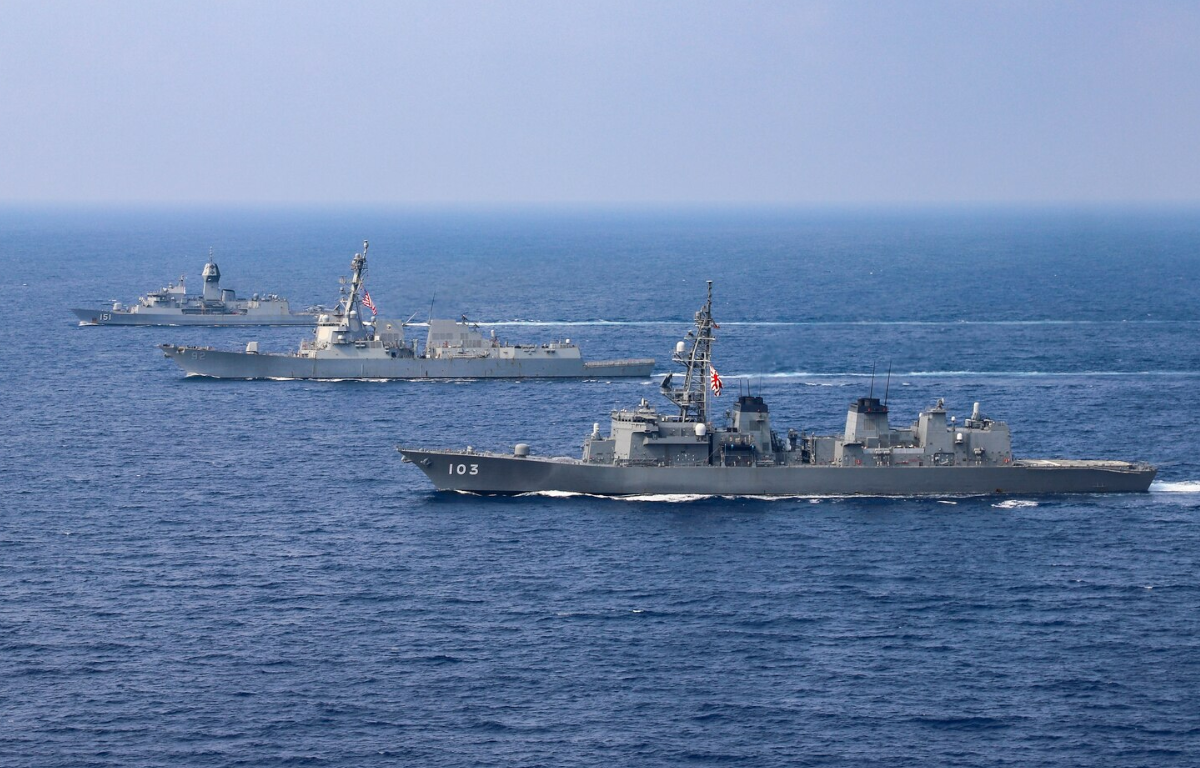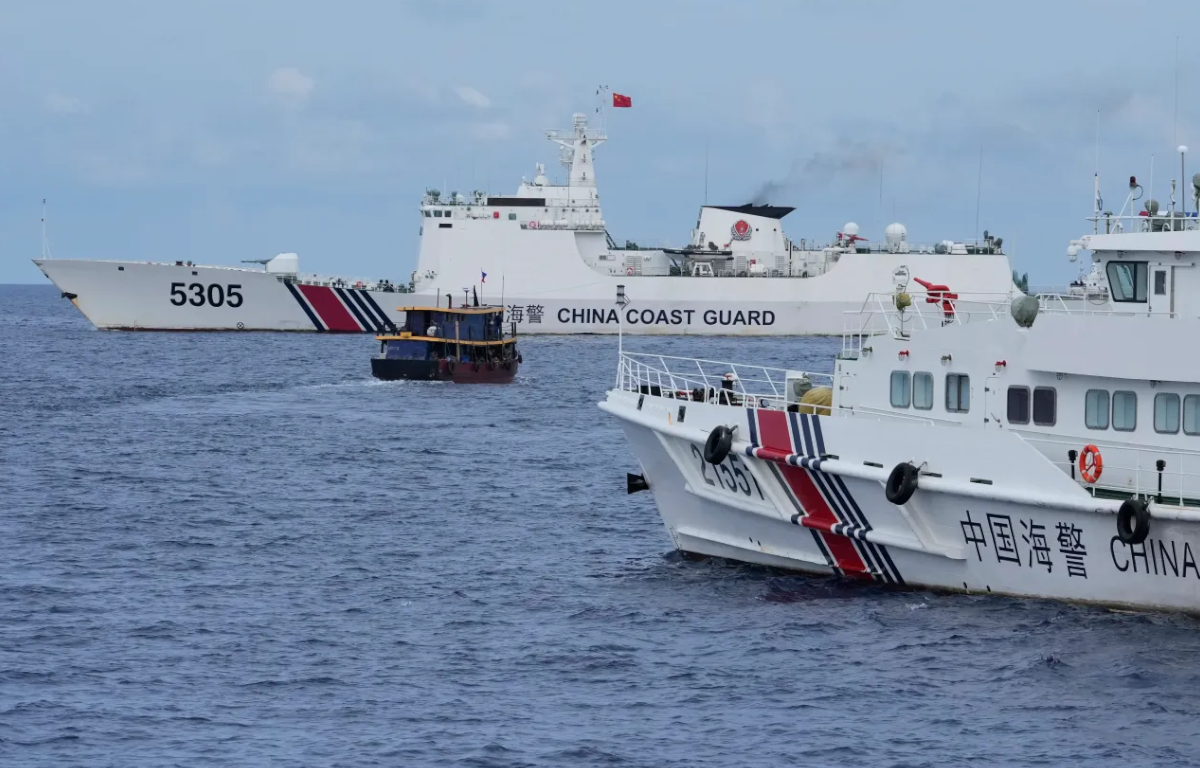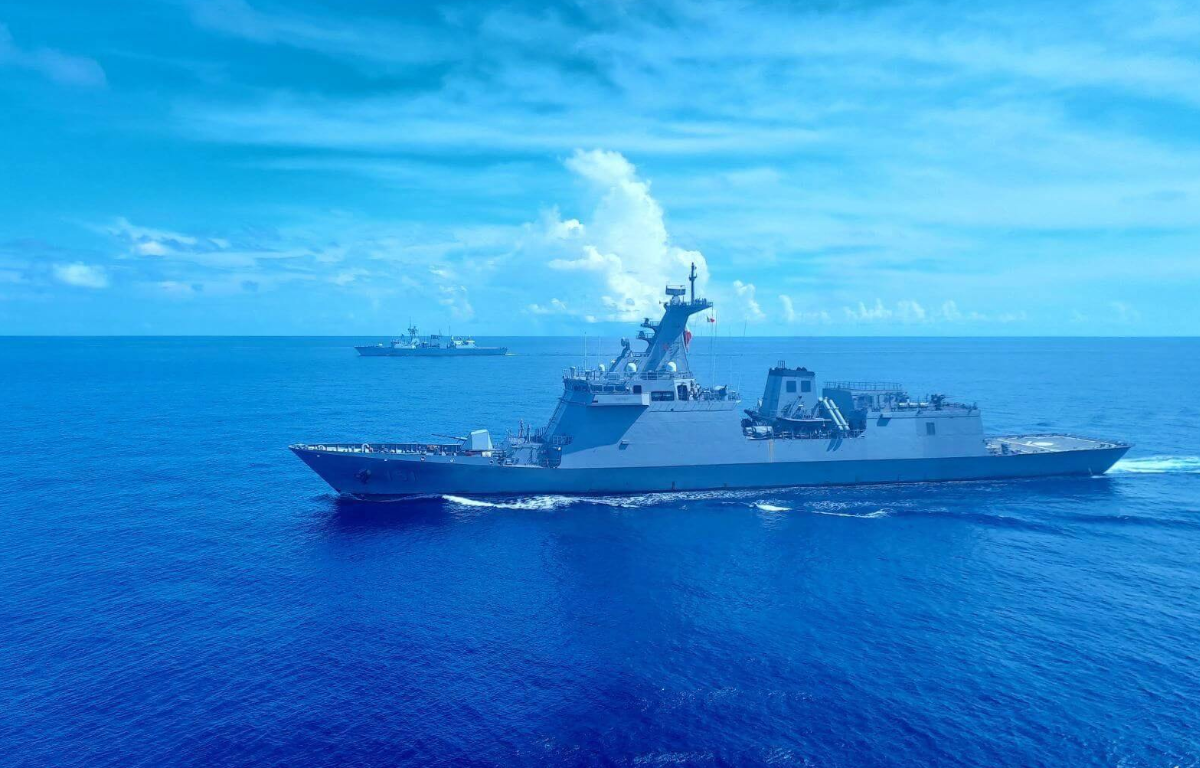
The South China Sea isn’t just a collection of waters; it’s a global economic lifeline. About one-third of the world’s shipping traffic flows through these waters, connecting Southeast Asian economies to the rest of the world. This makes it a critical trade route for commodities ranging from oil to consumer goods. Any disruptions here could reverberate across the global supply chain, impacting economies far beyond the region.
Numerous nations, including China, the Philippines, Vietnam, and Malaysia, have competing territorial claims over islands and reefs within the South China Sea. These disputes are fueled by the area’s resource potential, including oil, gas, fisheries, and shipping lanes. Such conflicts can easily escalate, destabilizing the region and creating ripple effects worldwide.
China’s assertive territorial claims in the South China Sea, exemplified by its construction of artificial islands and military installations, have raised alarms. Its actions challenge international maritime law and the United Nations Convention on the Law of the Sea (UNCLOS). This expansionist behavior has led to militarization and increased tensions, generating insecurity among neighboring countries.
As naval exercises and military installations increase, the risk of accidental clashes or intentional confrontations rises. Such conflicts could have devastating consequences not only for the involved nations but also for regional stability and global security.
The South China Sea disputes highlight the importance of upholding international law, particularly UNCLOS, which maintains maritime order. The situation emphasizes the need for respecting freedom of navigation and peaceful conflict resolution mechanisms. How these disputes are managed could set a precedent for handling similar conflicts worldwide.
The economic stakes are high; these tensions could disrupt fishing activities, impacting food supplies and livelihoods for millions. Environmental concerns also loom large, as damage to delicate marine ecosystems and potential oil spills could harm both biodiversity and the livelihoods of those dependent on the sea.
The showdown in the South China Sea transcends regional boundaries. Its impact on global trade, security, and international law makes it a matter of global concern. Diplomatic efforts to foster dialogue and adherence to international law are imperative to prevent the escalation of conflicts and to ensure peaceful coexistence among nations in the region.










Share this: